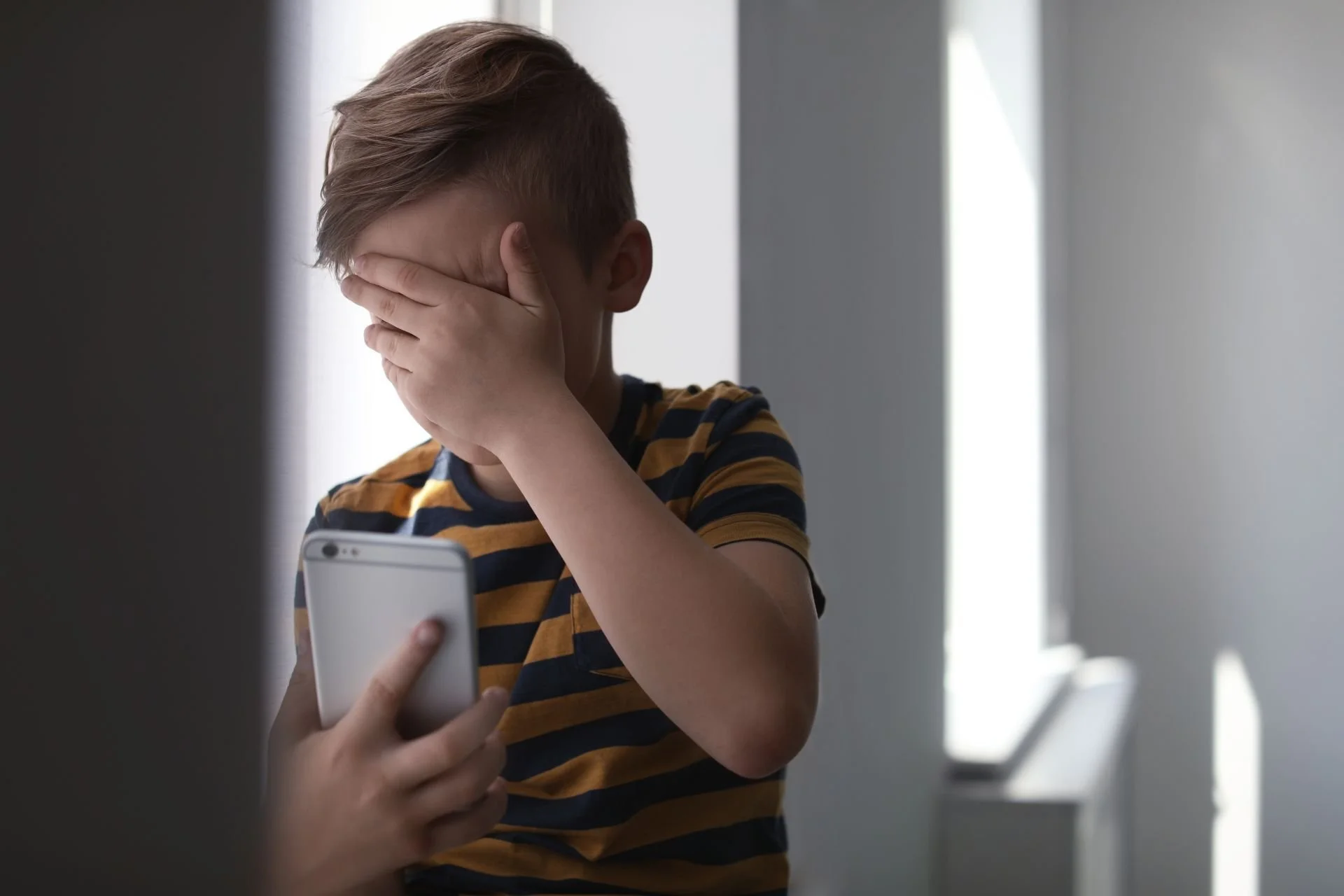Does Quitting Social Media Help ADHD?
Social media: vibrant, addictive, and unrelenting. For someone with ADHD, it’s both a playground and a trap—offering quick dopamine hits while simultaneously derailing focus and amplifying impulsivity. The big question is, does stepping away from social media make managing ADHD easier? Let’s break it down with research and real-world insights.
ADHD and Social Media: A Complex Relationship
Social media’s design—endless feeds, instant notifications, and algorithmic rewards—syncs all too well with the ADHD brain. Studies like one published in Frontiers in Psychiatry (2019) highlight how the platforms’ dopamine-driven feedback loops can worsen impulsivity and attention struggles. That need for stimulation? Social media feeds it relentlessly.
And then there’s time blindness. ADHD can make minutes vanish into hours, and social media algorithms know how to capitalize. Research in the Journal of Attention Disorders (2021) draws clear links between problematic internet use and procrastination in ADHD populations. The overstimulation only compounds the issue, flooding the brain with new information faster than it can process.
Still, it’s not all bad. Social media can offer validation, ADHD-focused communities, and resources. For many, it’s a lifeline in managing the daily chaos.
Quitting Social Media: What Changes?
Stepping away from social media can feel radical, but research suggests it may offer tangible benefits:
Sharper Focus:
A study in Cyberpsychology, Behavior, and Social Networking (2022) showed that cutting back on social media improved attention spans in individuals prone to distraction. It’s easier to stay present without the constant lure of notifications.
Improved Sleep:
Late-night scrolling is a common culprit in sleep disruption, especially for those with ADHD. Research in Nature and Science of Sleep (2020) found that limiting evening screen time led to better sleep quality—something that can significantly improve focus and mood.
Reduced Anxiety:
Social media often fuels comparison and FOMO (fear of missing out), which can heighten anxiety. A review in Cyberpsychology (2021) linked heavy usage to increased emotional dysregulation in ADHD. Less scrolling can mean more calm.
Reclaimed Time:
Without hours lost to feeds, you might find extra time for hobbies, exercise, or mindfulness practices that better support ADHD symptom management.
The Challenges of Disconnecting
While quitting social media has benefits, it’s not a cure-all. Challenges include:
Loss of Connection:
Many rely on social media for ADHD support groups or to stay informed about ADHD-friendly tips and tricks. Leaving these communities can feel isolating.
Boredom and Restlessness:
For ADHD brains, downtime without social media may initially feel unbearable, requiring new strategies for managing unstructured time.
Fear of Missing Out:
A Computers in Human Behavior (2021) study found that detoxing from social media often triggers temporary FOMO, which can be particularly hard for individuals prone to anxiety.
Striking a Balance
If quitting feels extreme, consider these strategies to create a healthier relationship with social media:
Set Boundaries:
Use apps like Forest, AppBlock, or built-in phone settings to limit daily screen time. Research supports their effectiveness in reducing impulsivity and improving focus.
Silence Notifications:
Turning off alerts can reduce the urge to check your phone constantly. A study in Psychiatry Research (2020) highlighted how this small change can significantly lower distraction levels.
Curate Your Feed:
Follow accounts that bring value or joy, and unfollow those that feel overwhelming or negative.
Take Breaks:
Start with a few hours or a day off from social media. Studies like one in Digital Health (2021) suggest even brief detoxes can help ease anxiety and improve mental clarity.
The Bottom Line
Does quitting social media help ADHD? For some, it can dramatically reduce distractions, improve sleep, and create mental space. For others, moderation works best. ADHD management is deeply personal, and what clicks for one person might not work for another.
The key is experimenting—whether that means logging off entirely or finding ways to use social media more intentionally.

